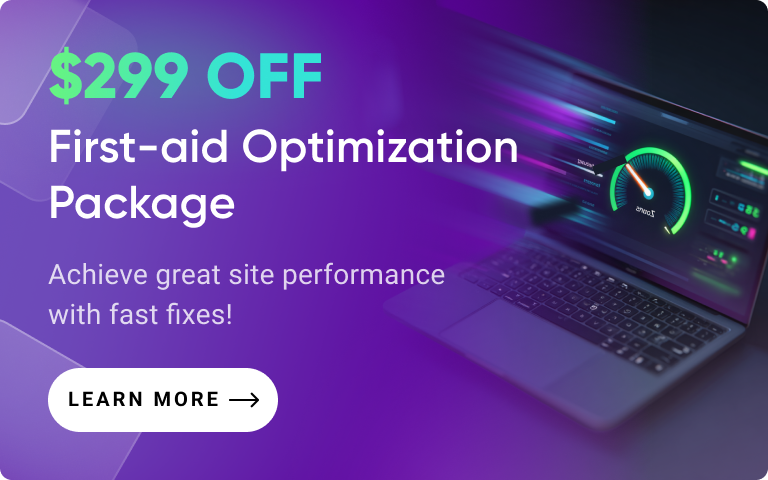When Adobe acquired the Magento platform in 2018, they released two main versions of the software: Adobe Commerce and Magento 2 Open Source. Magento Open Source is the free, open-source version of the Adobe Commerce platform. The vast majority (as in over 80%) of all Magento sites run on the Magento Open Source software. This platform is a self-hosted solution for building an e-commerce site, giving owners complete control over their data. Although Magento Open Source ships with all the basic capabilities needed to run an e-commerce site, its functionality can also be extended through extensions that can be purchased from the marketplace. This also encourages customization and flexibility, allowing site owners to mix and match components, only purchasing the extensions they need for their particular site.
In order for any open-source software to succeed, it needs to be supported by a large, passionate community of developers and evangelists. Without a following like this, open-source software would stagnate and fail to evolve dynamically with advancing technology. Fortunately, this is something that Magento Open Source has never lacked. In fact, according to Adobe, “Magento has the largest community of implementation partners and developers in the world.” As an Adobe Innovate Exchange Partner, Amasty is a proud member of this committed group.
However, many organizations are starting to become concerned about the future of Magento Open Source. When Adobe acquired Magento for $1.68 billion in 2018, many in the community wondered what changes might be made by this new team of developers and management. For a long time, Adobe failed to clearly communicate its plans for an overall roadmap for the development of the platform, leading some to speculate that Adobe was considering pulling the plug. Then, at an Adobe Summit 2021, there was talk about plans for a complete overhaul and replacement of the Magento platform, further fueling concerns. The question was raised, “will Adobe kill off Magento?” For business owners whose very livelihood is based on the continued development and stability of Magento, this uncertainty has led many to wonder if they should upgrade to Adobe Commerce or move to a completely different platform.
The fact is that the overall outlook for Magento Open Source is actually quite bright. Owners of online stores can be reassured that this edition of Magento will continue to be supported and developed as long as entrepreneurs like them continue to utilize it. Read on to learn the reasons behind this positive outlook.

The Main Source of the Controversy: The PHP Monolith
One of the most significant sources of concern in recent years for the Magento platform has been over whether or not the PHP monolith will be broken up. In the past, Magento has consistently been provided as a single, monolithic application. Monolithic applications are often easier to manage and are simpler to get up and running. This is part of why Magento has always been so desirable among the small business community. Once Adobe took over the project in 2018, there were hints that Magento would be broken up into microservices, potentially provided by the Adobe Cloud. These discussions caused many to wonder how committed Adobe was to Magento Open Source. However, it also galvanized the community to take action.
The Magento Open Source Community Remains Robust
With open-source code, a piece of software is only as good as its community of developers that collaborate to keep innovating and supporting its future development. This group of passionate individuals is also necessary for spreading the word about the platform and addressing any issues as they arise.
Through all of the changes that have taken place, one of the consistent things about Magento has been the commitment of its community. One of the best examples of this commitment can be found in the Mage-OS Association (formerly known as the Magento Alliance). In September of 2021, spurred by general concerns about the future of Magento, developers, companies, and community members came together to sign a letter signifying their ongoing dedication to Magento Open Source and announcing the development of a community-driven fork of the Magento platform.
The community came together to build an independent distribution of the Magento software so that online businesses could continue to take advantage of their preferred features of Magento, regardless of where Adobe decided to take the project. The letter concluded with this statement, “We truly believe we can not only keep Magento alive, we can give it a bright future by putting the focus on merchants, big AND small. This is only the beginning.”
This letter is a demonstration of the strength and commitment of the Magento community. This is one of the biggest reasons to be optimistic about the future of Magento Open Source. As long as there are developers and businesses supporting the development of the software, innovation and advancement will continue to occur. This means that you, as a business owner, can rely on the Magento platform.
Another reason for continuing to rely on Magento 2 Open Source is the wide selection of extensions available on the market. Extensions are created by developers who care about expanding the functionality of Magento. No matter what the future holds, Magento will always have a strong group of supporters that are dedicated to supporting online business owners.
Is Adobe Really Abandoning Magento Open Source?
Another reason to believe that Magento Open Source has a bright future is that Adobe has made it clear that they are not abandoning or replacing Magento Open Source. At Meet Magento New York, a group of open-source developers and members of the Magento Association came together to discuss the future of Magento Open Source. One of the presenters at the event was Ritesh Somani. Mr. Somani is a product management leader at Adobe. In his presentation, he made Adobe’s continued commitment to Magento Open Source quite clear. This was the kind of commitment that online store owners and developers alike had been looking for since the acquisition. Instead of Adobe Commerce replacing Magento Open Source, Mr. Somani emphasized the intertwined nature of the two platforms and the importance of ensuring that both continue to be supported and expanded.
Adobe’s dedication to supporting and improving Magento Open Source was most recently demonstrated by their 2.4.5 update to the platform in August of this year.
With Adobe continuing to release new updates and making public commitments to support Magento Open Source, store owners can trust that this platform will continue to thrive and provide a reliable foundation for their online business.
Work With One Of The Leading Magento Service Providers
Magento Open Source, especially when combined with extensions, has the functionality to support both large and smaller organizations. With a robust community to support it, business owners can trust that the future of Magento is positive. Furthermore, the recent commitments by Adobe provide even more of a foundation for confidence in the platform. Adobe has provided updates to provide the latest innovations, including artificial intelligence, to Magento Open Source.
These are just a few of the many reasons to believe that Magento will continue to be a powerful platform for e-commerce into the future. This is an excellent reason to begin investing in your Magento site.














